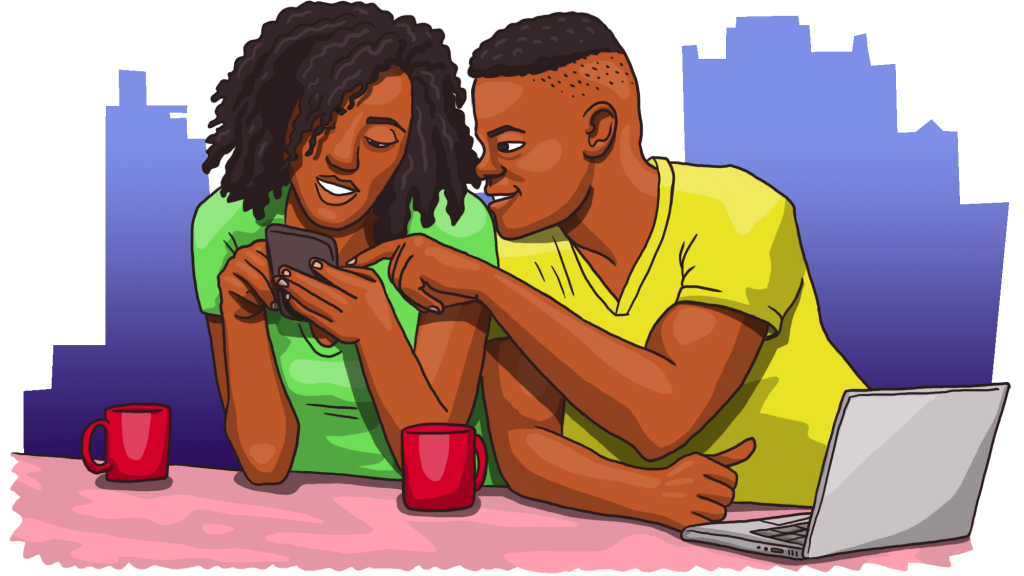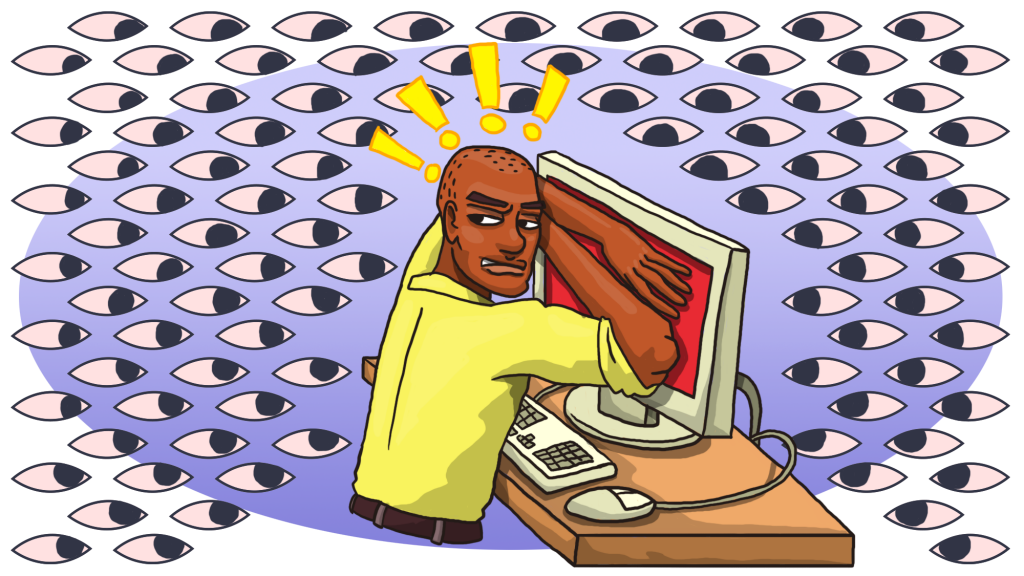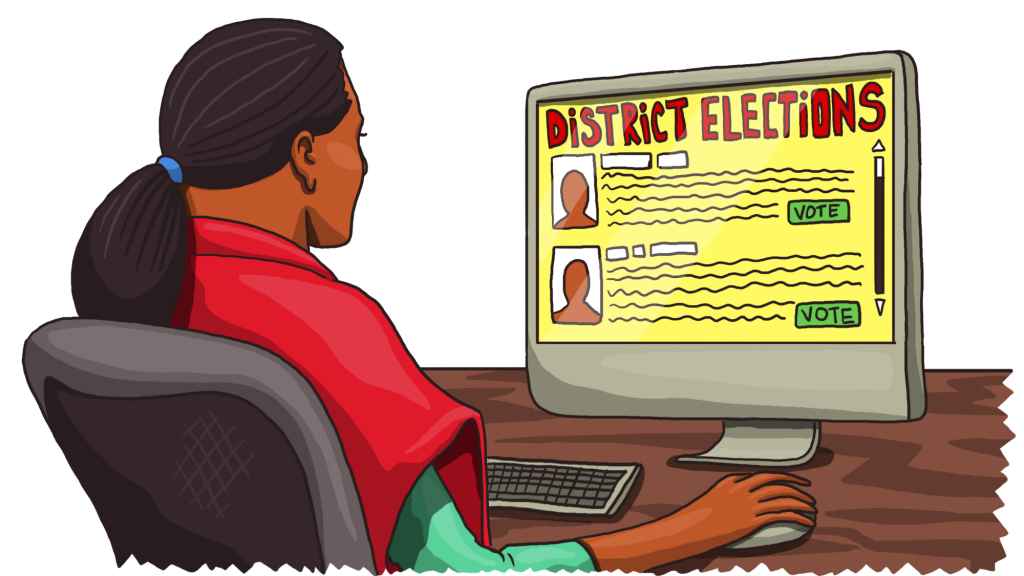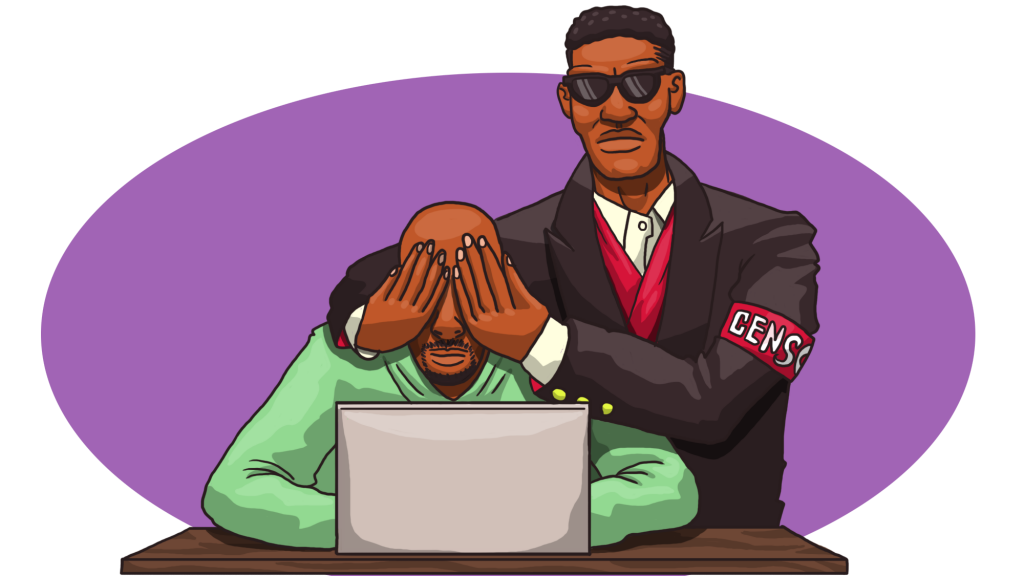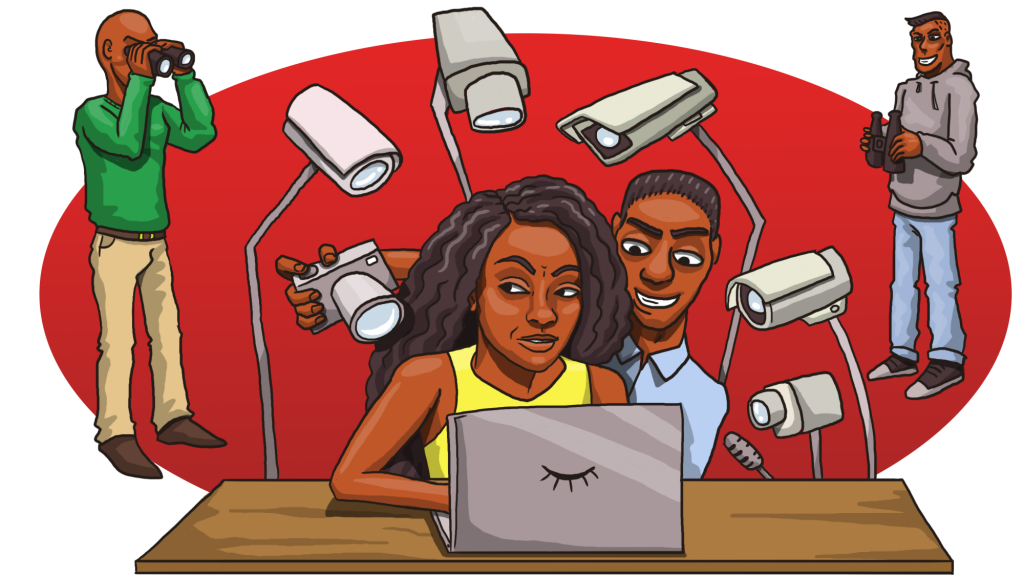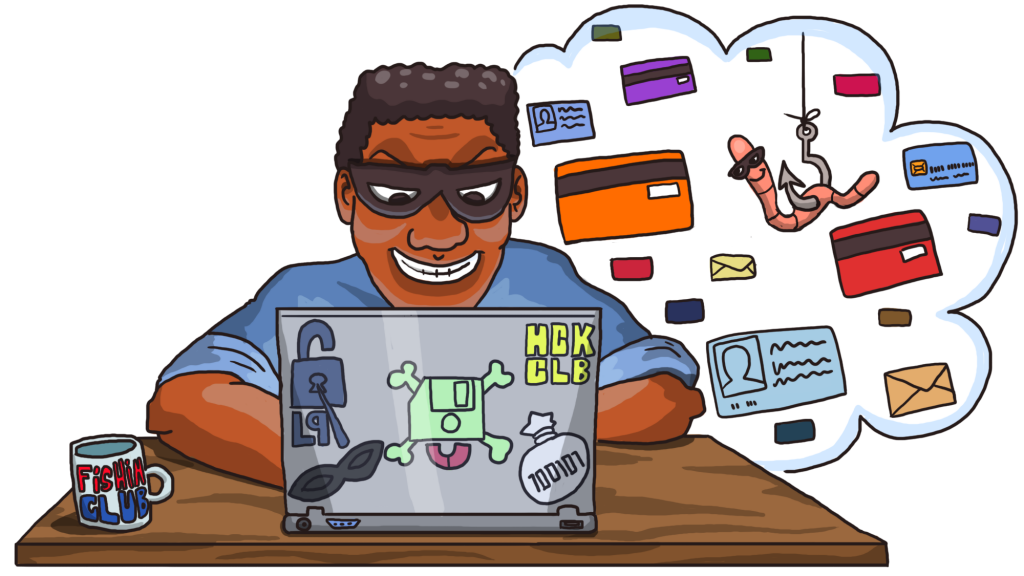Oftentimes, elections in African countries have suffered from threats to democracy, ranging from violence and intimidation to vote rigging and fraud. Citizens have historically been disempowered in political participation and access to information. Technology has revolutionized how citizens can democratically engage with political processes across the continent.
However, there is increasing state regulation and extension of control over the internet, including recent internet shutdowns and oppressive cybercrime laws. Unfortunately, African countries lack the necessary mechanisms for the inclusive participation of citizens and other stakeholders in the processes of formulating the very laws on internet and digital rights that directly affect them. For example, your ballots when you vote might not be secret, or your private health data at your hospital might not be adequately secured. This is worrying for us all.
But, we are not powerlessness. The more we know, the better we can defend our rights.
Learn more about Censorship, Surveillance and Digital Security below.
